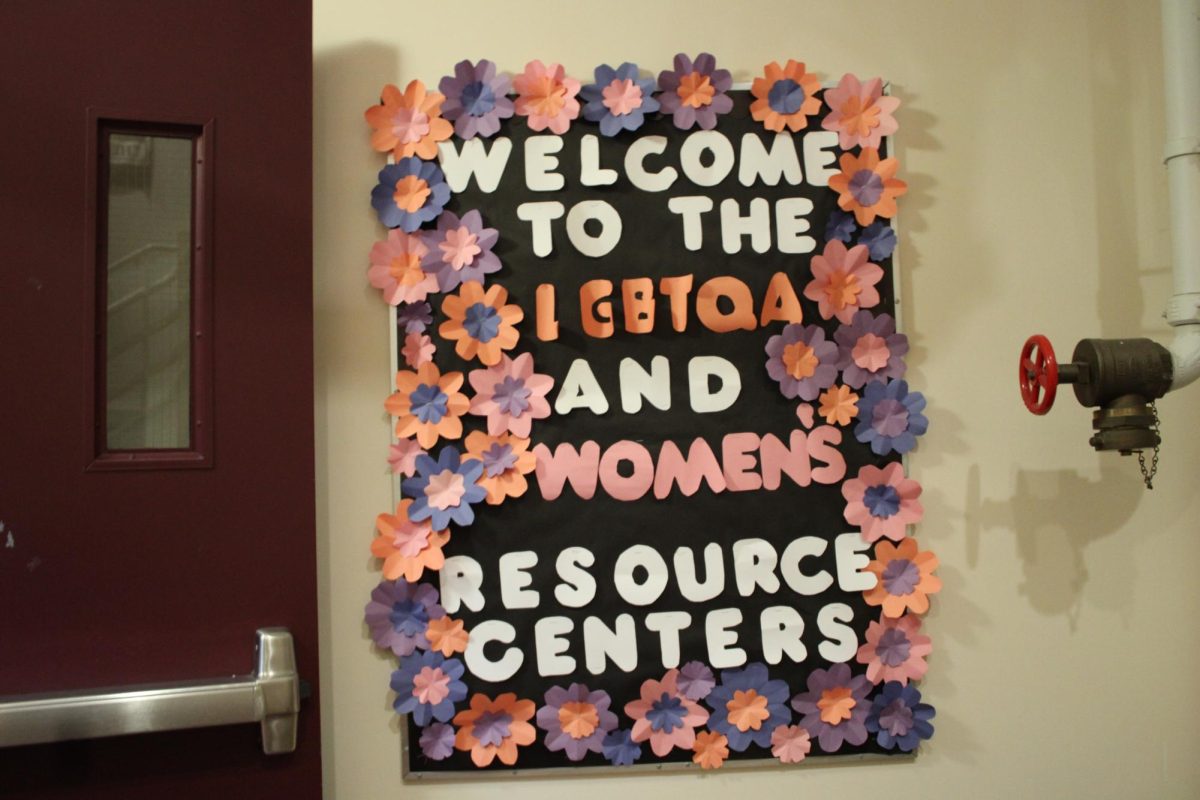In 2021, Bloomsburg University enacted a sweeping suspension of all Greek life following repeated conduct violations and anti-hazing policy breaches, leading to the permanent disaffiliation of all fraternities and sororities. This decision, while addressing legitimate concerns, has had a disproportionate impact on Black Greek organizations that once served as crucial pillars of support and leadership development for minority students.
Kappa Alpha Psi, a historically Black fraternity founded at Bloomsburg on November 7, 1981, was among the organizations affected by the university-wide action.
“We were affected tremendously,” explained a member of Kappa Alpha Psi’s Lambda Alpha chapter. “Due to one bad actor, you just cut it all off rather than singling them [violating organizations] out.”
According to alumni, Black fraternities at Bloomsburg were instrumental in establishing numerous campus initiatives supporting minority students, including the Summer Program, ACT 101, and the Multi-Cultural Center. These organizations provided tailored emotional and practical support for minority students, creating a void that formal programs now struggle to fill completely.
Michelle Vera, a 2009 Bloomsburg graduate and former ACT 101 student, experienced this support firsthand during a difficult period in her sophomore year.
“When I had a major surgery…recovery was brutal. I didn’t want to go to class because I was still in so much pain, I got depressed and stopped going outside,” Vera recalled. “ACT 101 still believed in me when I thought for sure I was going to be kicked out. They talked to me to figure out what was happening, gave me tutoring and counseling. I slowly got back on track with my grades because guess what, they’re here to help you, not hurt you.”
Beyond emotional support, Black Greek organizations at Bloomsburg cultivated significant leadership opportunities and fostered lifelong connections. A Kappa Alpha Psi alumnus noted, “Our chapter just at Bloom alone had our hands in a lot of things; two Black students served as Student Trustees for four years back-to-back.”
Fraternity members also held executive roles within the Interfraternity Council and were prominent leaders within the Community Government Association (CGA), Bloomsburg’s student government. “In the past, the CGA executive board was predominantly Black,” the alumnus added. This school year, CGA has only one Black member on its executive board.
Unlike predominantly white fraternities that often function primarily as social organizations during college years, Black Greek organizations represent lifelong commitments with continuing professional benefits.
“The difference is the afterlife,” explained one alumnus who joined in 2012. “We’re still a part of this. It’s still national. It’s still a day-to-day thing until we pretty much die.”
For Black students at predominantly white institutions like Bloomsburg, where only 5% of the student body identifies as Black, these organizations provided crucial representation and community.
“Students knew each other… because we kind of had to stick together,” as one alumnus put it.
This representation extended to the surrounding community through service initiatives like “The Big Event,” which helped build relationships with local residents while challenging stereotypes.
“That’s also breaking down barriers and preconceived notions of what media portrays as Black people,” explained Michael Johnson, a 2012 graduate.
The impact on recruitment and retention of minority students was equally significant. One fraternity-led initiative brought high school students for a weekend college experience, resulting in 16 of 20 participants eventually enrolling at Bloomsburg, with eight joining Greek organizations.
In December 2024, Bloomsburg announced plans to reintroduce Fraternity and Sorority life. Several Kappa Alpha Psi alumni are actively involved in creating new guidelines for this process, hoping to restore the valuable contributions their organizations made to campus life.
“Give us an opportunity. Bring us back and just let us do the work,” urged one alumnus. “We have a system and program that works.”
With enrollment challenges facing many regional universities, Bloomsburg might find that the legacy and impact of Black fraternities represent not just history worth preserving, but a pathway toward a more vibrant and inclusive future.




















